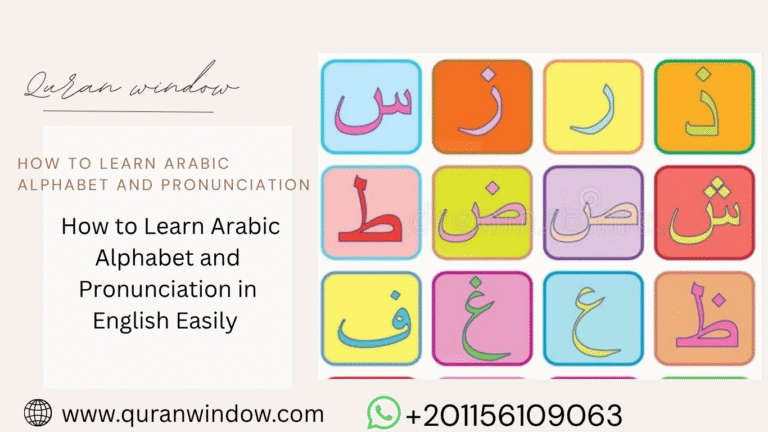Quran Memorization Tips for Non-Arabic Speakers – 10 Powerful and Easy Steps
Discover 10 powerful Quran memorization tips for non-Arabic speakers. Learn practical and easy strategies to memorize the Quran step by step—even if you don’t know Arabic.
🕌 Introduction
Memorizing the Quran is a beautiful and rewarding goal for every Muslim. But if you’re a non-Arabic speaker, it may feel overwhelming at first. The unfamiliar language, complex pronunciation, and deep meanings can make you wonder where to begin.
Don’t worry. With the right mindset, tools, and daily habits, memorizing the Quran becomes not only possible—but enjoyable. This guide shares practical Quran memorization tips for non-Arabic speakers, so you can build a strong connection with the Book of Allah, step by step.
Whether you’re a complete beginner or you’ve already memorized a few surahs, these tips will help you move forward with clarity, confidence, and faith.
🟢 1. Quran Memorization Tips for Non-Arabic Speakers: Start with Short Surahs
Begin your journey with Juz Amma, the last part of the Quran. These short surahs are easier to memorize and are commonly recited in prayers. They’re the best place to start for non-Arabic speakers. They give you a quick sense of progress and boost your confidence early on.
🟢 2. Quran Memorization Tips for Non-Arabic Speakers: Understand the Meaning
One of the most powerful Quran memorization tips for non-Arabic speakers is to understand the meaning of what you’re memorizing. Use a trusted English translation like Sahih International. Knowing the message behind each verse helps your heart connect with it.
🟢 3. Quran Memorization Tips: Listen and Repeat Often
Repetition is your best friend. Listen to famous reciters like Mishary Rashid Alafasy or Minshawi. Play the same verse 10 times, then recite after them. This helps you remember the correct pronunciation and flow
🟢 4. Effective Quran Memorization for Non-Arabic Speakers: Small Portions Work Best
Don’t try to memorize an entire page at once. Start with 1 or 2 lines. Repeat them until you feel confident. This step-by-step approach is especially helpful for non-Arabic speakers.
🟢 5. Best Quran Memorization Tools for Non-Arabic Speakers: Apps and Flashcards
Digital tools make Quran memorization easier. Apps like Quran Companion, Ayat, or Anki can help you organize your progress and review with flashcards. These tools are perfect for non-Arabic learners.
🟢 6. Quran Memorization Tips: Be Consistent Every Day
Memorizing the Quran is about consistency, not speed. Even 10–15 minutes daily can make a big difference. Create a routine you can stick to. Never skip review days.
🟢 7. Strengthen Your Quran Memorization in Salah
Incorporate what you’ve memorized into your daily prayers. This constant repetition makes your memorization stronger and more spiritual. It’s one of the easiest Quran memorization tips for non-Arabic speakers.
🟢 8. Learn Quran Memorization with a Teacher or Partner
Having a teacher or memorization buddy keeps you motivated. If you’re learning alone, join an online group or Quran memorization class. Feedback helps you grow. Quran window Academy has experienced Egyptian Quran teachers
🟢 9. Quran Memorization Tips for Non-Arabic Speakers: Make Dua Daily
Ask Allah to help you. Make dua before and after memorizing, and sincerely pray for understanding and retention. Remember: Allah promised to make the Quran easy for remembrance (Surah Al-Qamar 54:17).
🟢 10. Stay Positive During Your Quran Memorization Journey
The Quran memorization journey is long—but worth it. Don’t be discouraged by forgetfulness.There will be ups and downs. You might forget. That’s okay. Stay patient, stay positive. Every verse you memorize brings light to your heart and rewards from Allah.
🌟 Conclusion
With the right mindset and tools, Quran memorization for non-Arabic speakers becomes a rewarding and spiritual experience. Focus on small, consistent efforts. Understand the meaning. Use every tool available. And most importantly—never give up.
The Quran is not just a book to memorize—it’s a book to live by.








